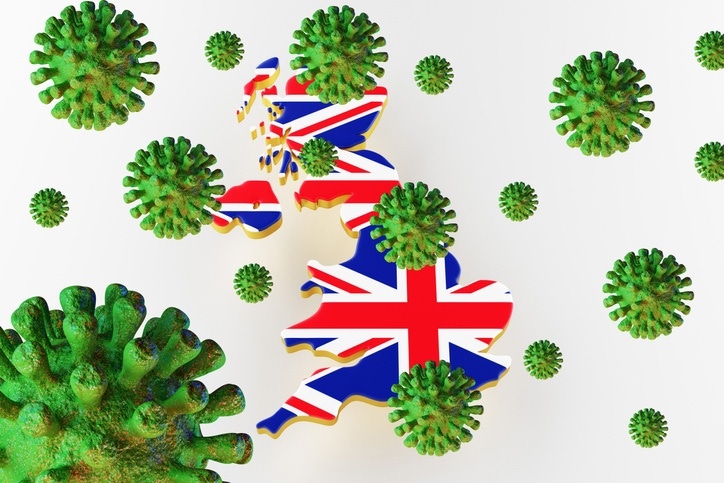Content Spotlight
Podcast: MilliporeSigma says education vital to creating unbreakable chain for sustainability
MilliporeSigma discusses the importance of people, education, and the benefits of embracing discomfort to bolster sustainability efforts.
May 4, 2020

The MHRA relaxed its interpretation of GMP which means UK Biopharma firms have a reduced testing burden during the Covid-19 pandemic.
The United Kingdom’s Medicines and Healthcare products Regulatory Agency (MHRA) announced the move last week, explaining the aim was to let drug firms focus quality system capacity on ensuring supply continuity.
Under the plan, firms importing ingredients and finished products will only be required to test to confirm their identity. For other quality attributes importers are permitted to use certificates of analysis provided by the supplier.

Image: iStock/Denis_prof
The MHRA wrote, “Where appropriate based on risk, re-testing of raw materials may be limited to identification only where supplier history, material criticality, and the finished product quality control strategy permits.”
The agency has also decided to ship biopharmaceuticals made at UK plants before quality and batch control tests are fully completed.
“Product may be shipped from a manufacturing site under quarantine whilst quality control tests and batch certification at manufacturer are ongoing.
The MHRA added that, “A system should be in place to ensure that the product is not placed on the market until it has been QP certified.”
The MHRA’s move comes a few weeks after the UK Government set up a funding program for companies developing vaccines for SARS-CoV-2, the virus that causes COVID-19.
The program established a vaccine taskforce to co-ordinate coronavirus R&D and vaccine production. It also set up a £14 million investment pot to support research projects.
Business secretary Alok Sharma said, “UK scientists are working as fast as they can to find a vaccine that fights coronavirus, saving and protecting people’s lives. We stand firmly behind them in their efforts.
“The Vaccine Taskforce is key to coordinating efforts to rapidly accelerate the development and manufacture of a potential new vaccine, so we can make sure it is widely available to patients as soon as possible.”
Twenty one projects have already been selected, including a candidate mRNA vaccine being developed by Professor Robin Shattock and colleagues at Imperial College London.
The idea is that when the mRNA vaccine is injected it will deliver the genetic instructions to muscle cells to make the SARS-CoV-2 ‘spike’ surface protein, which should provoke an immune response and create immunity to the virus.
The funding will enable to them to take the vaccine through GMP manufacturing, testing in animal models for safety and efficacy, regulatory and ethical approval, and, if that’s successful, a phase I clinical trial in healthy human volunteers.
You May Also Like